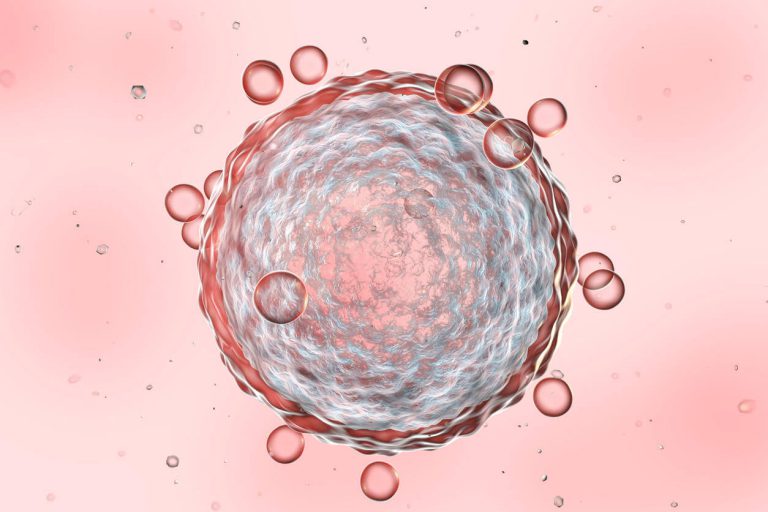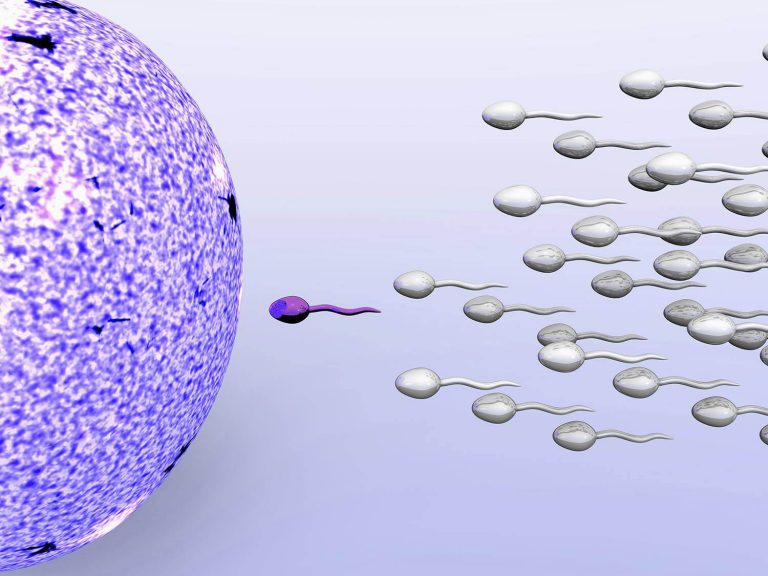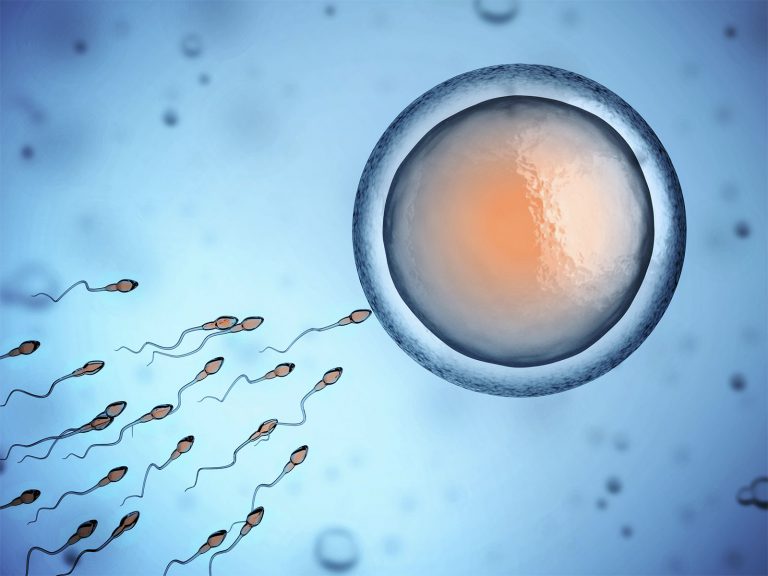The two week wait is a term used to describe the length of time a woman should wait before using a pregnancy test, after she has undergone IVF. The wait is necessary for an accurate test because the hormones used during the procedure can interfere with results.
What is Happening During the Two-Week Wait?
The two-week wait period is the luteal phase of a woman’s ovulatory cycle. This is the time frame between when ovulation begins and the time that the menstrual cycle begins if a woman is not pregnant. While there can be some variation in this window, in general, the two-week wait is the same whether a person is trying to conceive naturally or via in vitro fertilization (IVF).
Pregnancy Testing During the Two-Week Wait
For women who have gone through IVF, the two week wait is the period needed for hormone levels to return to normal after the procedure. The human chorionic gonadotropin (HCG) hormone is used as a trigger shot to stimulate the process of ovulation in IVF and to prepare the uterine lining for the embryo transfer. Pregnancy tests measure HCG levels as well. When a woman is pregnant her body naturally begins producing more HCG hormone.
If a pregnancy test is done too early, it may accidentally read the HCG from the trigger shot, resulting in a false positive. Even if the hormone shot has worn off, the body needs time to produce HCG naturally, or you could get a false negative from the pregnancy test.
Symptoms with the Two-Week Wait After IVF
It’s important to know that with IVF, symptoms related to the egg transfer itself can be similar to that of pregnancy. Spotting, bleeding, breast tenderness, nausea, pelvic discomfort, irritability, and light cramping, along with other symptoms that may be similar to those of an early pregnancy, are common with IVF because of the induced ovulation.
Light bleeding in particular is estimated to occur in about 20% of natural pregnancies and 29-36% of IVF-assisted pregnancies.
Is the Two-Week Wait Always Two Weeks?
A woman’s cycle is typically 28 days, and the luteal phase is the last two weeks of the cycle. However, some women have different length of cycles, which means that the “two-week” wait is not always exactly two weeks. The cycle can be affected if there are other things contributing to hormonal fluctuations in the body, such as previous use of birth control and breastfeeding.
Can You Have Sex During the Two-Week Wait After IVF?
It used to be that sex was off the table as medical professionals thought that any activity could get in the way of the delicate implantation process, however, most experts agree now that it is completely fine, unless the pregnancy case is high risk. Ask your fertility doctor what’s right for you.







